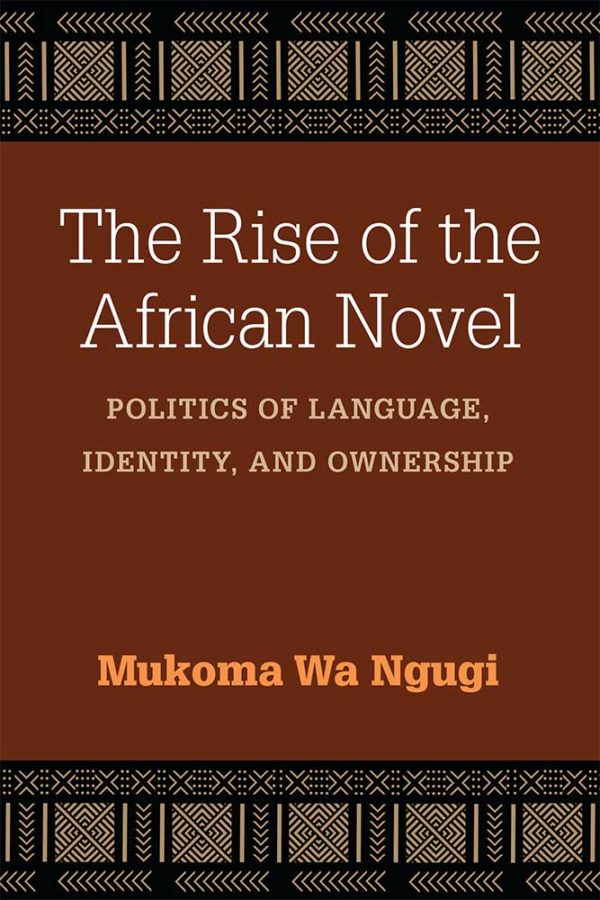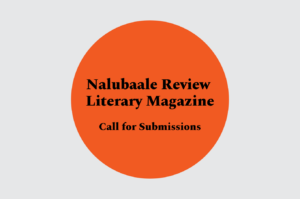
Kenyan novelist and Professor of English at Cornell University, Mukoma wa Ngugi, has a new book out, which tackles essential questions of African literary traditions and generations. The Rise of the African Novel: Politics of Language, Identity and Ownership—published in the US by University of Michigan Press in March and forthcoming in Southern, Western and Eastern African markets later this year and early 2019—explores foundational developments on the African literary scene: Why did Achebe’s generation privilege African literature in English despite the early South African example of writing in African languages and then getting translated? What are the costs of locating the start of Africa’s literary tradition in the wrong literary and historical period? And what does it mean for the current generation of writers and scholars of African literature not to have an imaginative consciousness of their literary past?
In an email to Brittle Paper, Mukoma wa Ngugi states that “while recognizing the importance of the Makerere writers and critics,” his is a “call for an African literary criticism and tradition that embraces its history of writing in African languages and for a broader African identity that is historically diasporic and presently transnational.” Mukoma calls the present gap “a major crisis in African literary criticism” and intends for his book to correct “the misreading of African literature.”

The Rise of the African Novel is the first book to situate South African and African-language literature of the late 1880s through the early 1940s in relation to the literature of decolonization, and the contemporary generation of established and emerging continental and diaspora African writers. Its publishers describe it as an effort to “restore South African and diaspora writing to the African literary tradition.” Here is a description on Amazon:
While acknowledging the importance of Achebe’s generation in the African literary tradition, Mukoma Wa Ngugi challenges that narrowing of the identities and languages of the African novel and writer. In restoring the missing foundational literary period to the African literary tradition, he shows how early South African literature, in both aesthetics and politics, is in conversation with the literature of the African independence era and contemporary rooted transnational literatures.
This book will become a foundational text in African literary studies, as it raises questions about the very nature of African literature and criticism. It will be essential reading for scholars of African literary studies as well as general readers seeking a greater understanding of African literary history and the ways in which critical consensus can be manufactured and rewarded at the expense of a larger and historical literary tradition.
Evan Mwangi, professor of 20th Century Anglophone African Literature at Northwestern University, has called the book “a lucid history of the African novel” which “brings to the foreground texts that are rarely discussed, demonstrating that the history of the African novel goes beyond the well-known works in the African super-canon.” He praises Mukoma’s research: “His archive is wide ranging, and he reads both old and new materials with rare clarity.”









COMMENTS -
Reader Interactions